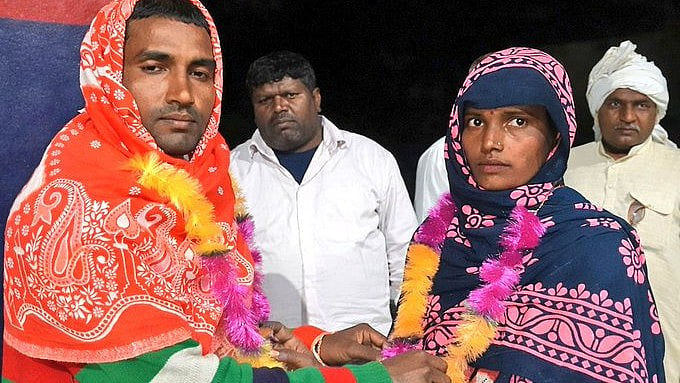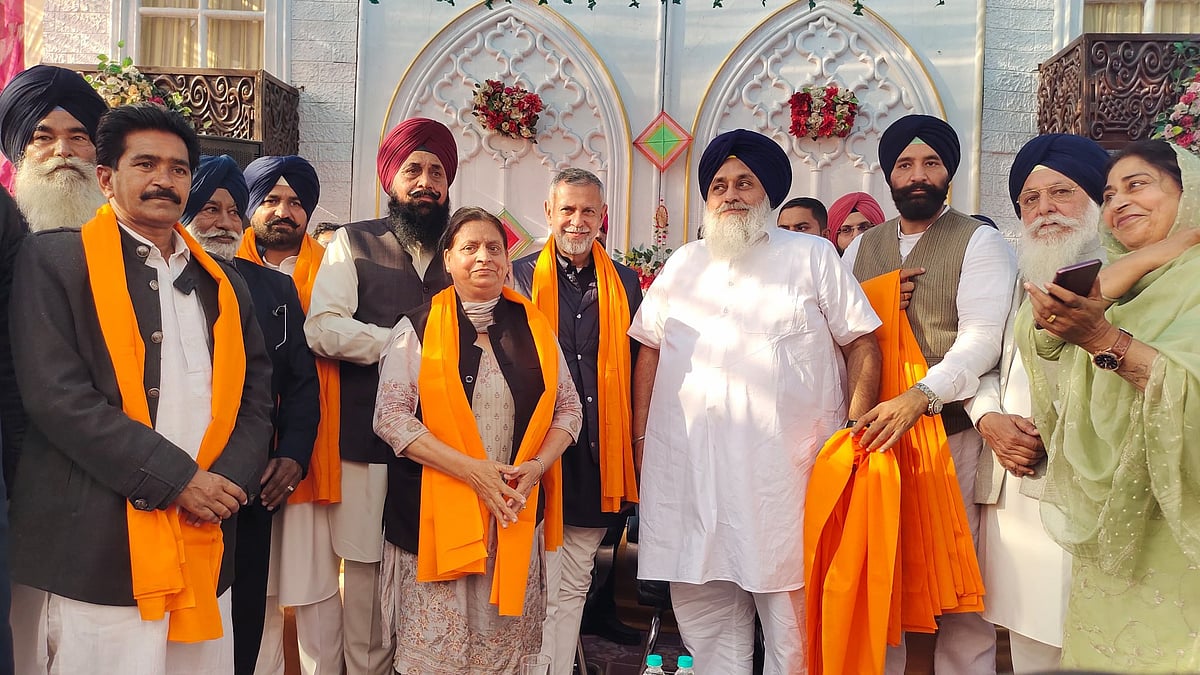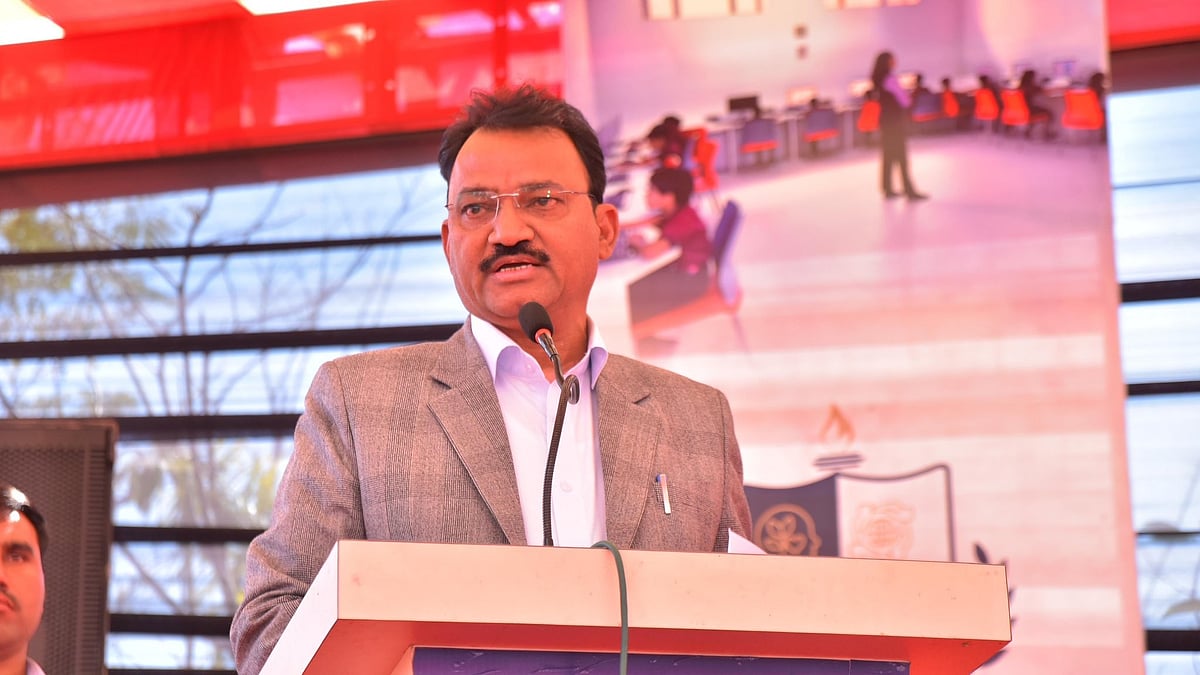Lucknow: BSP leader Mayawati has raised concerns over the recent Supreme Court ruling on reservations. In a series of pointed questions, she challenged whether the lives of Dalits and Adivasis have become free from discrimination and prejudice, and if it is justifiable to divide reservations among these communities.
She also took a swipe at both the BJP and Congress, accusing them of having a liberal but not reformist attitude towards SC, ST, and OBC communities.
Mayawati took to social media platform X to express her views, stating that political oppression is insignificant compared to social oppression. She questioned if the lives of millions of Dalits and Adivasis in the country are now free from discrimination.
"If not," she argued, "how justifiable is it to divide reservations among these communities that have been historically marginalized and oppressed based on caste?"
She further elaborated that the approach of both Congress and BJP towards the SC, ST, and OBC communities has been liberal but not reformist. According to her, neither party is genuinely committed to the social transformation and economic liberation of these communities.
She emphasized that had they been truly committed, they would have ensured the protection of reservations by including them in the Ninth Schedule of the Constitution, which would shield them from judicial review.
Mayawati's statements come in the wake of a Supreme Court verdict issued on Thursday. The apex court ruled that the creation of sub-quotas within the SC-ST reservation framework is constitutional. The court also supported the exclusion of the creamy layer – the wealthier and more privileged members within these communities – from availing of reservation benefits. This landmark judgment has sparked a wide range of reactions across the political spectrum.
The Supreme Court’s decision has been met with mixed reactions. Proponents argue that it ensures that the benefits of reservation reach the most disadvantaged sections within the SC and ST communities. Critics, however, contend that it could lead to further divisions and undermine the original intent of reservations, which is to uplift entire communities historically oppressed by caste hierarchies.
Mayawati's criticism highlights a broader debate on the efficacy and fairness of reservation policies in India. While some argue for more nuanced approaches to reservation, including the exclusion of the creamy layer, others believe that the existing system should remain intact until there is significant improvement in the socio-economic status of all SC, ST, and OBC individuals.
As the debate over reservation policies continues, Mayawati's comments have added a critical perspective to the ongoing discourse. Her insistence on examining the real-life impact of these policies on marginalized communities challenges policymakers to rethink and possibly reform the existing framework to better serve those it intends to uplift.










